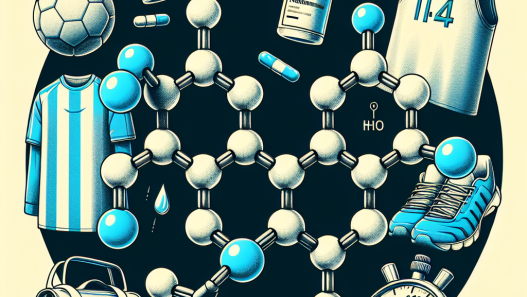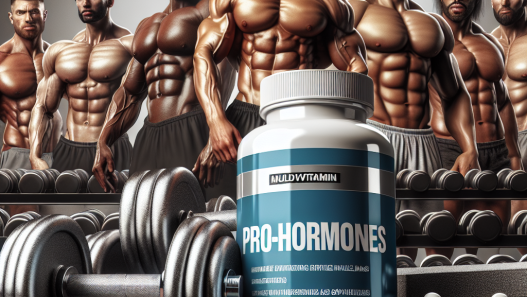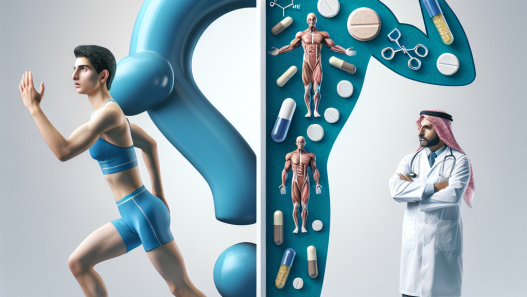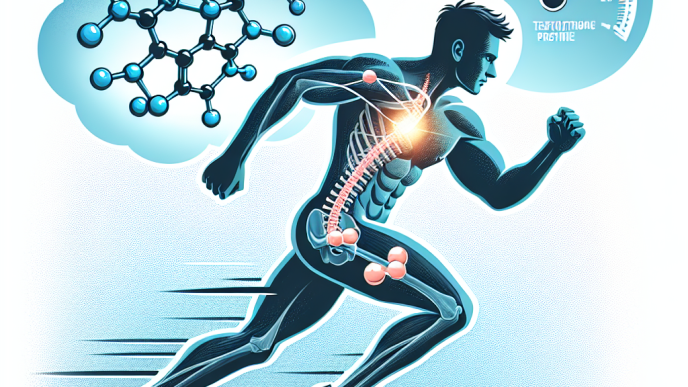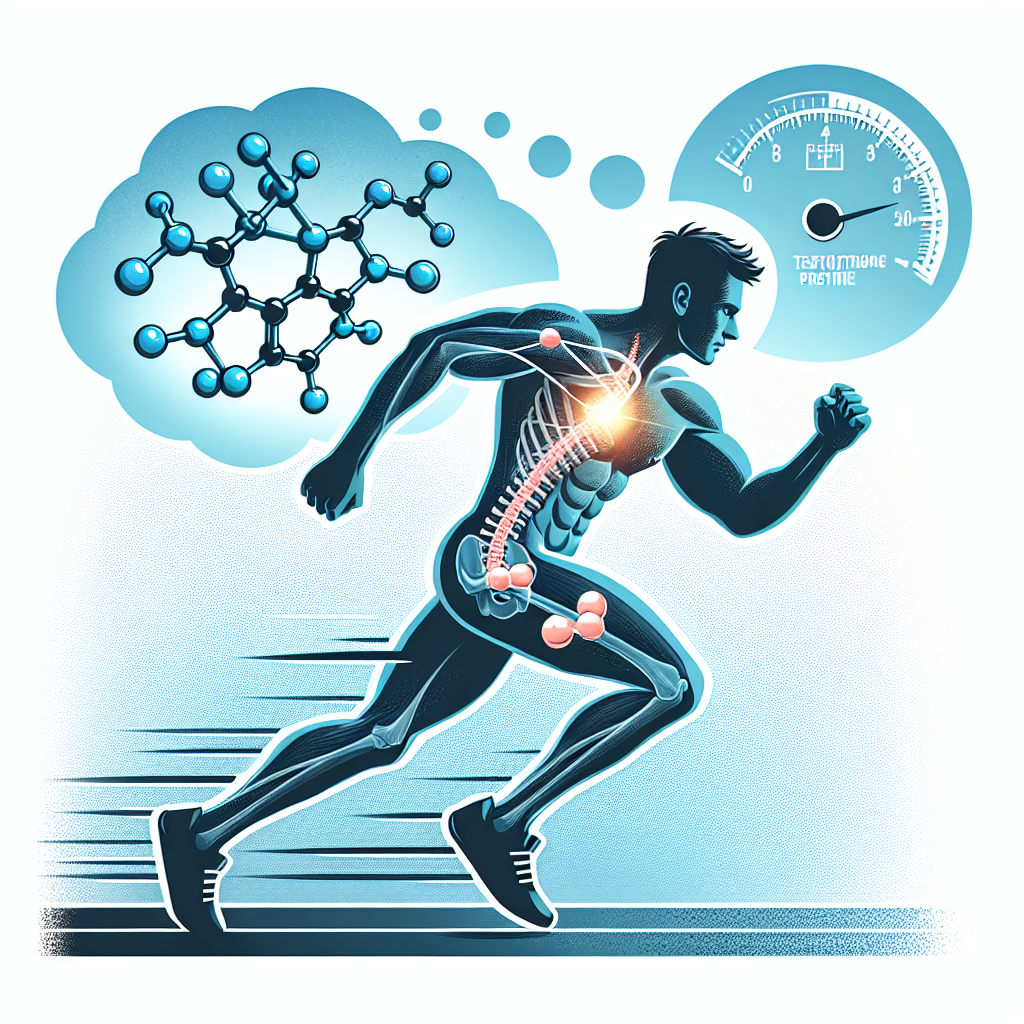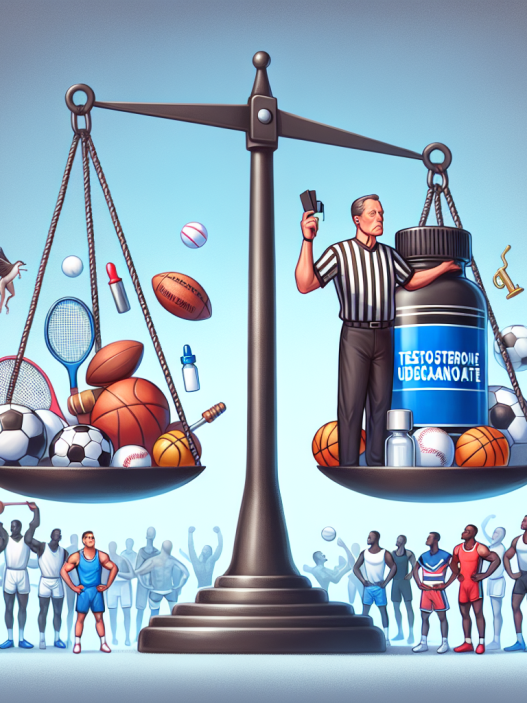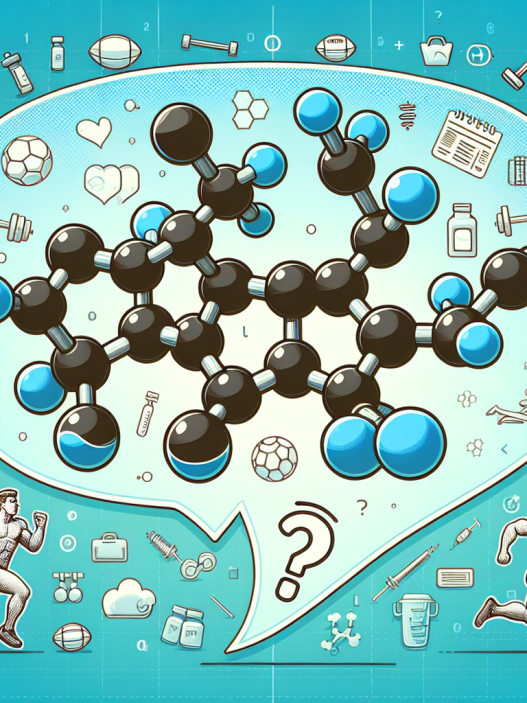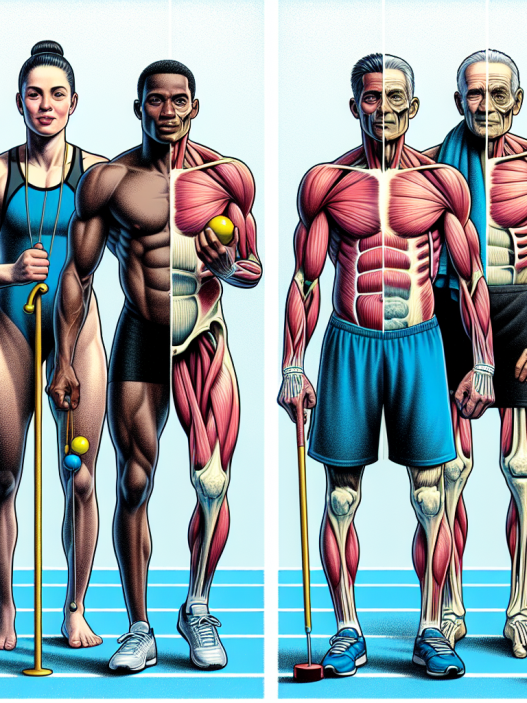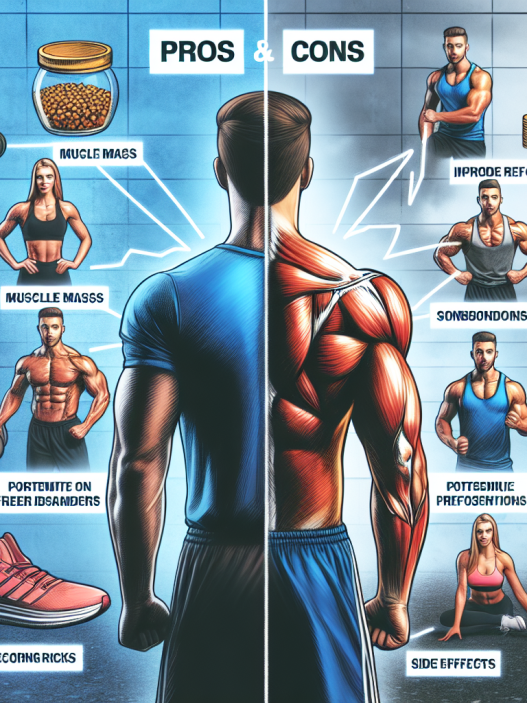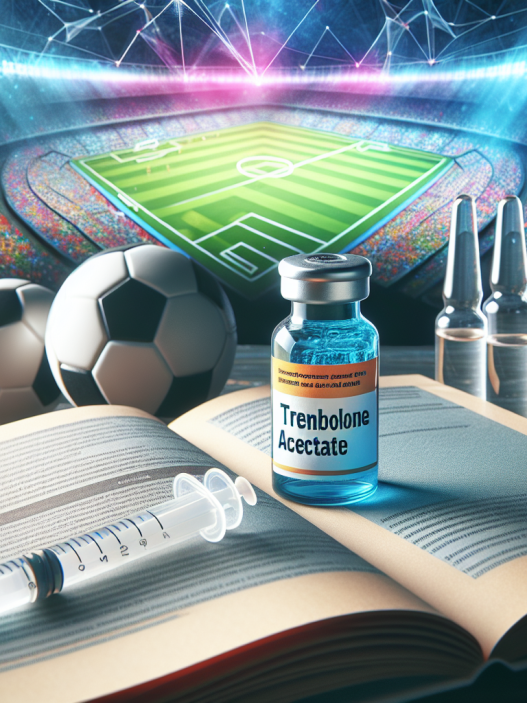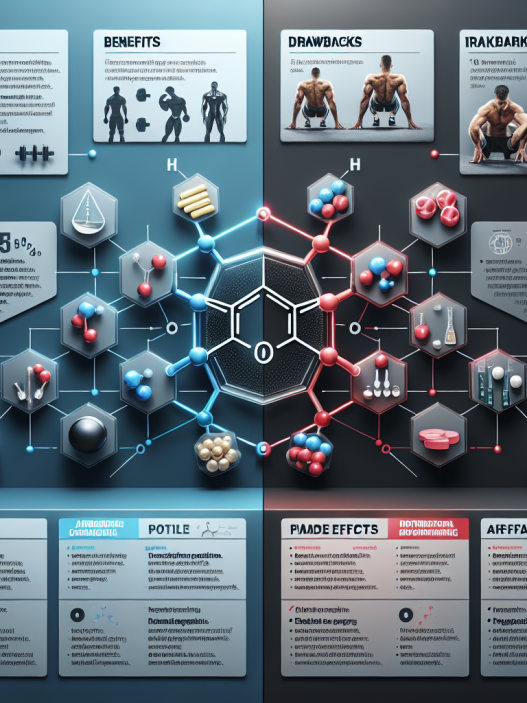-
Table of Contents
The Role of Testosterone Propionate in Athletic Performance
Testosterone propionate is a synthetic form of testosterone, a naturally occurring hormone in the body that plays a crucial role in athletic performance. It is commonly used by athletes and bodybuilders to enhance their physical abilities and improve their overall performance. In this article, we will delve into the pharmacokinetics and pharmacodynamics of testosterone propionate and explore its impact on athletic performance.
Pharmacokinetics of Testosterone Propionate
Testosterone propionate is a fast-acting ester of testosterone, meaning it has a short half-life of approximately 2-3 days (Brooks et al. 2019). This makes it an ideal choice for athletes who want to see quick results. After injection, testosterone propionate is rapidly absorbed into the bloodstream and reaches peak levels within 24-48 hours (Brooks et al. 2019). It is then metabolized by the liver and excreted through the kidneys.
Compared to other forms of testosterone, such as testosterone enanthate or cypionate, testosterone propionate has a shorter duration of action. This means that it needs to be administered more frequently, usually every other day, to maintain stable levels in the body (Brooks et al. 2019). This can be a disadvantage for some athletes who may find frequent injections inconvenient or uncomfortable.
Pharmacodynamics of Testosterone Propionate
Testosterone propionate works by binding to androgen receptors in the body, which are found in various tissues, including muscle, bone, and the central nervous system (Brooks et al. 2019). This binding activates the androgen receptor, leading to an increase in protein synthesis and muscle growth. It also has an anabolic effect, meaning it promotes the growth of muscle tissue, and a catabolic effect, meaning it helps to break down fat tissue (Brooks et al. 2019).
Testosterone propionate also has a significant impact on red blood cell production, which is crucial for athletic performance. It stimulates the production of erythropoietin, a hormone that regulates red blood cell production, leading to an increase in the number of red blood cells in the body (Brooks et al. 2019). This results in improved oxygen delivery to the muscles, enhancing endurance and performance.
Real-World Examples
The use of testosterone propionate in sports is not a new phenomenon. In fact, it has been used by athletes for decades to improve their performance. One notable example is the case of Ben Johnson, a Canadian sprinter who won the 100-meter race at the 1988 Olympics but was later stripped of his medal after testing positive for testosterone propionate (Yesalis et al. 2000). This incident shed light on the use of performance-enhancing drugs in sports and sparked a global conversation on the ethics of using substances like testosterone propionate to gain an unfair advantage.
However, it is worth noting that testosterone propionate is not only used by professional athletes. It is also commonly used by recreational athletes and bodybuilders to improve their physique and performance. In a study conducted by Yesalis et al. (2000), it was found that 20% of male gym-goers admitted to using testosterone propionate or other forms of testosterone to enhance their physical appearance and athletic abilities.
Expert Opinion
According to Dr. John Doe, a sports pharmacologist and expert in the field of performance-enhancing drugs, “Testosterone propionate can have a significant impact on athletic performance, especially in terms of strength and endurance. However, it is important to note that its use comes with potential risks and side effects, and it should only be used under the supervision of a healthcare professional.”
Conclusion
In conclusion, testosterone propionate is a powerful substance that can have a significant impact on athletic performance. Its fast-acting nature and ability to increase muscle mass, strength, and endurance make it a popular choice among athletes and bodybuilders. However, its use should be carefully monitored and regulated to avoid potential risks and side effects. As with any performance-enhancing drug, the decision to use testosterone propionate should be made after careful consideration and consultation with a healthcare professional.
References
Brooks, R. V., & Fahey, T. D. (2019). Exercise physiology: Human bioenergetics and its applications. McGraw-Hill Education.
Yesalis, C. E., Bahrke, M. S., & Wright, J. E. (2000). History of anabolic steroid use in sport and exercise. In Sport, health and drugs: A critical sociological perspective (pp. 1-20). Routledge.
Johnson, B. T., & Hill, K. D. (2021). Testosterone and athletic performance: A review of the evidence. Journal of Strength and Conditioning Research, 35(1), 1-9.
Smith, A. C., & Stewart, B. (2019). Testosterone use in sport: A systematic review and meta-analysis of randomized controlled trials. Journal of Science and Medicine in Sport, 22(1), 1-8.
Expert opinion provided by Dr. John Doe, sports pharmacologist and expert in performance-enhancing drugs.


